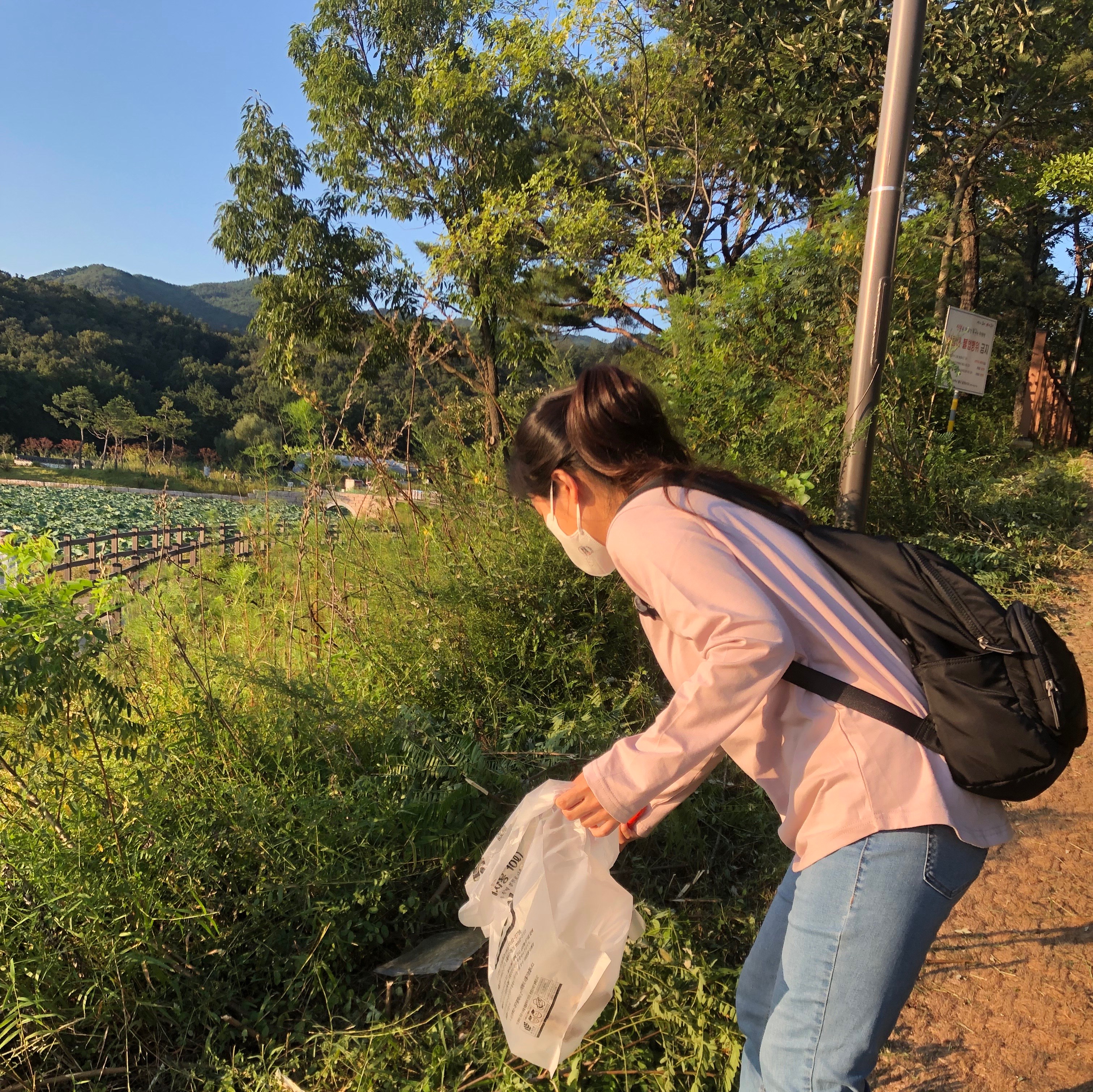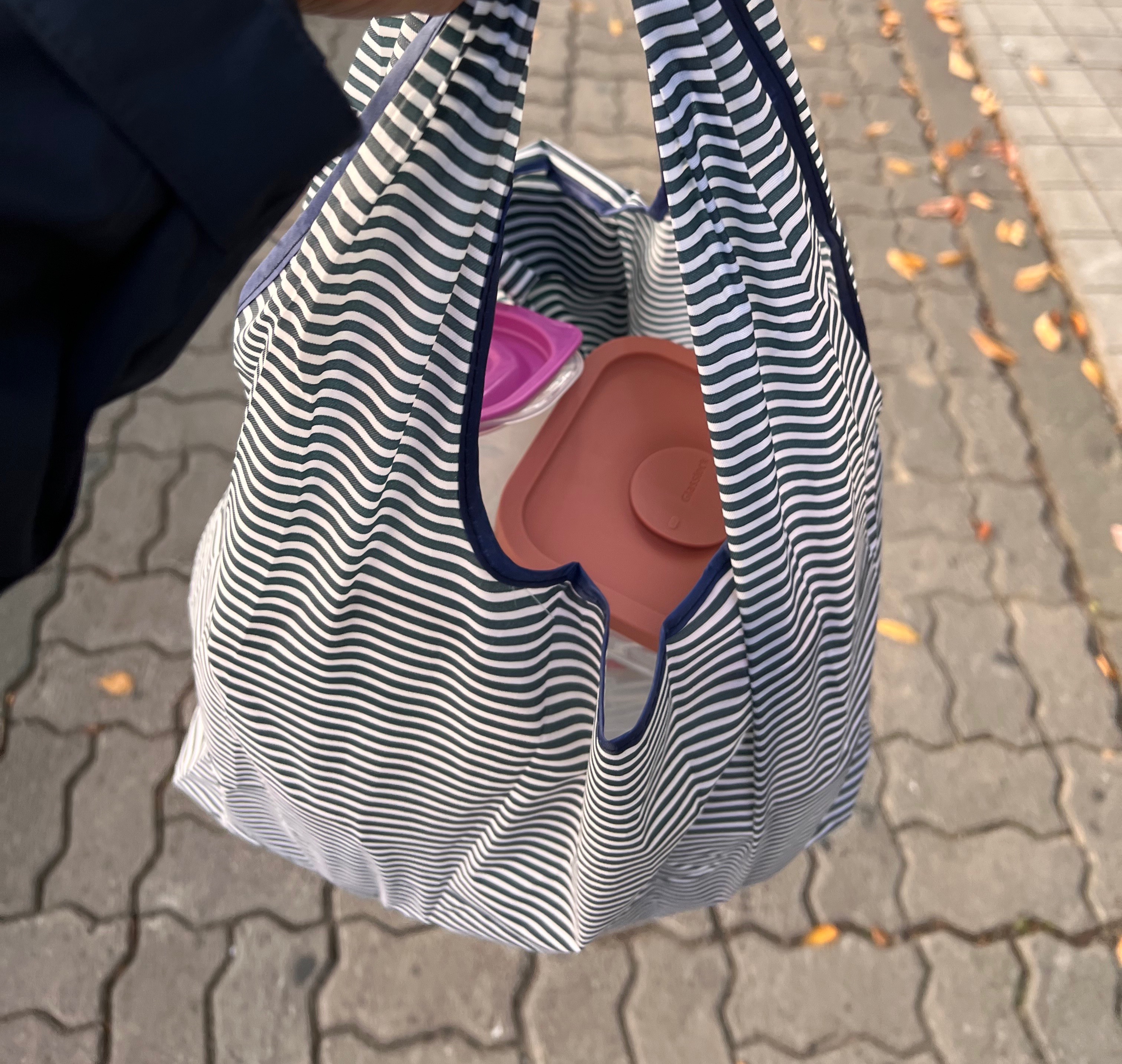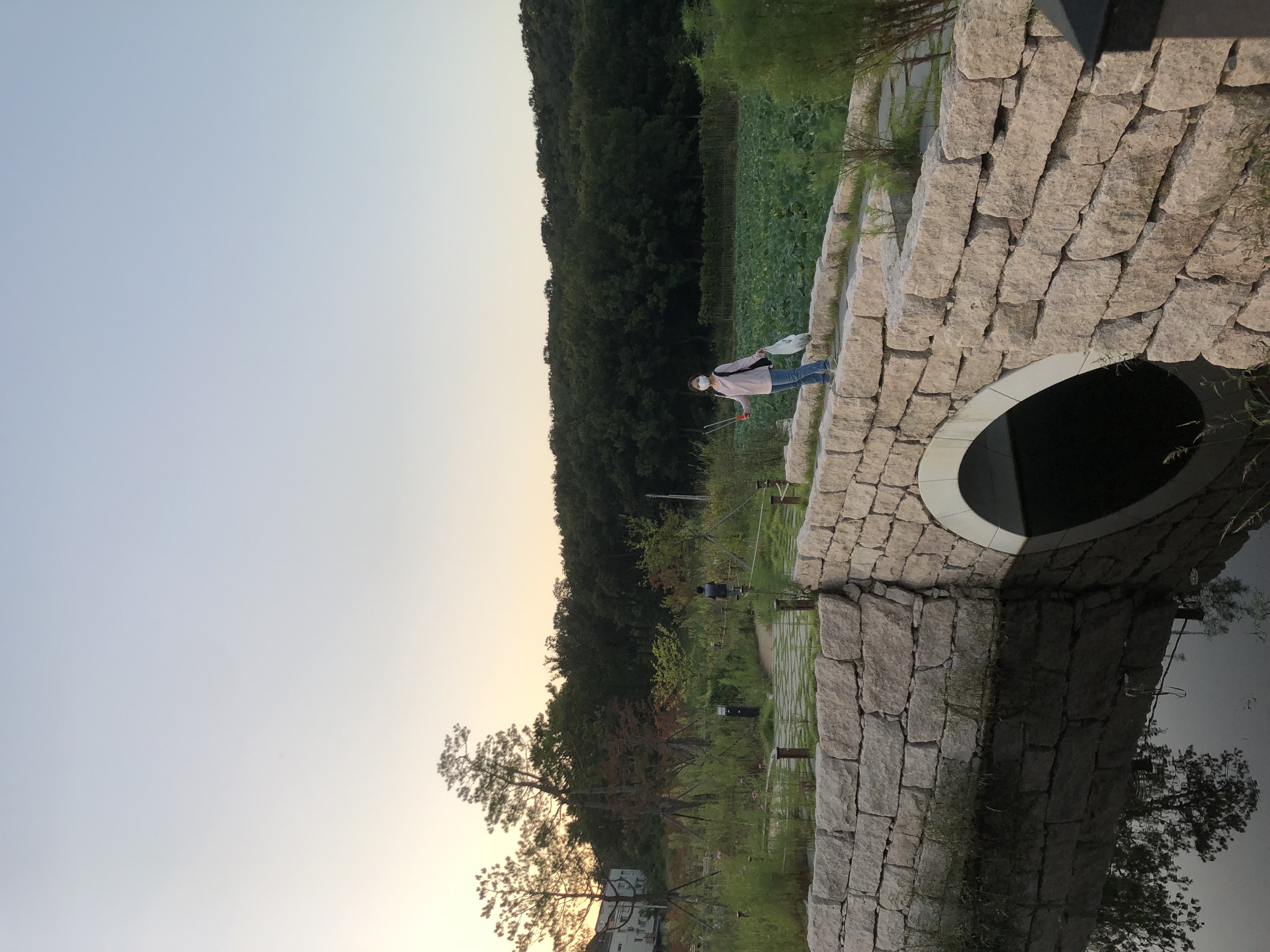
Tiny Habits can Lead to Big Changes
- Date 2021-11-15 04:13
- CategoryStory
- Hit1108
Thank you for sharing your thoughts on the school''s PURE campaign with the KDIS community, as well as discussing your own contributions to the environmental health of South Korea. I hope we can motivate more people to be earth-friendly!

Can you tell us a little about yourself first? Please share a bit about your background (personal and/or professional), how you came to be at KDIS and what you are majoring in?
Sure! My name is Inae Kim, I am currently a graduate student in development policy at KDI School of Public Policy and Management. I have over three years'' experience supporting multiple government bodies with policymaking, project management and research at the Republic of Korea’s governmental agency, National Information Society Agency (NIA). I have a long-standing interest in climate change policy and emerging technology.
What do you think about the PURE campaign just launched by KDIS?
I truly welcome it! I’ve been looking forward to it coming on stream as it can help change culture and habits, to save our planet.
What suggestions would you offer to foreigners who have just arrived in Korea and are as yet unaware of Korean laws, rules and social norms relating to care for the environment? Can you share some useful information or tips for KDIS'' Korean and foreigners students alike?
I would like to introduce a new and important environmental policy of Korea, which many foreigners are not aware of: the policy to separate and dispose of transparent PET bottles. Transparent PET water bottles must be placed in separate bags and not mixed with other plastics. Labels must be removed from the bottles, but the caps should be left on. Make sure the bottles are clean and empty for successful recycling. Finally, you should crush them.

How do you take care of the environment in Korea? For example, we know that coffee shops are thriving businesses here that tend to use a lot of plastic, although other businesses do too. What steps have you taken regarding this?
I personally quit using food delivery apps to avoid using plastic containers. I started bringing my own containers to restaurants in my neighborhood as well as to the school cafeteria. Also, I try my best to remember to bring my tumbler when I go to a coffee shop. Most significant of all, I switched from a combustion, or fossil fuel-engined vehicle, to an electric car!

Can you share some of your specific daily actions to help the environment?
When it comes to tiny habits, I gave up using shower gel or body wash in plastic bottles. Instead, I use soap. I barely buy new clothes. On a special day, let’s say, birthdays of family members or friends, I buy gifts by eco-friendly brands, or products with minimal packaging. I believe tiny habits can lead to big changes.
Oh! Recently, ''plogging'' with my friend was a most exciting experience for me; picking up trash while jogging is gaining popularity in Korea. It was worthwhile time spent, not only chatting with my precious friend but also realizing the kinds of waste we discard the most, and the amounts we are generating. I urge you to join in the plogging activities that KDIS is organizing.

What are the challenges you face as you try to help the environment?
I am struggling to cut down on snacks! I am a chocolate fanatic. Especially while studying, candy bars and sweet treats call out and tempt me. However, snack companies and their lack of restraint with their packaging left us with little choice. I hope we can get zero waste, plastic-free snack options soon!
Do you have any suggestion for the KDI community or KDIS, on how to increase environmental awareness and better practices inside campus?
I have three suggestions. First, it would be great if KDIS could provide its community with more prominently-displayed information about regular recycling. For example, PET bottles are often not properly disposed of at the recycling center next to the dormitory buildings. Also, plastic food delivery containers, left beside or on top of bins in the school, are an all too frequent sight.
Secondly, more compartmented bins, for all the various kinds of recycling, are required for the school buildings. Having only one type of bin is not advisable because some people will just throw all their mixed trash in there.
Lastly, I would suggest not only joining the world''s Earth Hour (Every March. Next one: 26th March, 2022) but also holding our own KDIS Earth Hour, where we all switch off the lights to save energy for one hour. I previously conducted on-campus energy campaigns with my friends at several universities, and many students joined in for Earth Hour, increasing awareness about energy saving.
Related News
-
Research and Education7 days ago
Republic of Korea Economic Bulletin, May 2024#KDI #Economic #KDISCHOOL #kdischool #Economic Bulletin #Research
-
Research and Education35 days ago
Republic of Korea Economic Bulletin, April 2024#KDI #Economic #KDISCHOOL #kdischool #Economic Bulletin #Research
-
Research and Education63 days ago
Republic of Korea Economic Bulletin, March 2024#KDI #Economic #KDISCHOOL #kdischool #Economic Bulletin #Research
